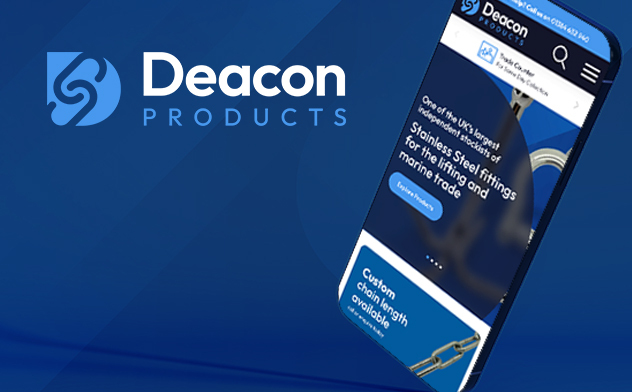What Is The Difference Between SEO & SEM
SEO (Search Engine Optimisation) and SEM (Search Engine Marketing) are related concepts but refer to different strategies for improving a website's visibility in search engine results. Here's a breakdown of the key differences between SEO and SEM:
So What Do The Both Mean?
- SEO (Search Engine Optimisation): SEO is the process of optimising a website's content, structure, and other elements to improve its visibility in organic (non-paid) search engine results. The goal of SEO is to enhance the website's relevance to specific keywords and provide a better user experience to attract more organic traffic.
- SEM (Search Engine Marketing): SEM is a broader term that encompasses various strategies to market a website through search engines. While SEO is a component of SEM, SEM also includes paid advertising on search engines, commonly known as Pay-Per-Click (PPC) advertising. In essence, SEM combines both organic and paid strategies to increase a website's visibility in search engine results.
So What Is The Nature Of The Traffic You Will Attract?
- SEO: Generates organic traffic, which is the traffic that comes from unpaid, natural search engine results. It involves optimising the website to rank higher in these results based on relevance to user queries.
- SEM: Involves both organic and paid traffic. Paid traffic is generated through advertisements that appear at the top or bottom of search engine results pages, and advertisers pay a fee each time a user clicks on their ad (hence the term Pay-Per-Click).
How Long Does It Take To Get Results?
- SEO: Often takes time to see significant results. It involves ongoing efforts to improve a website's ranking over time. The results of SEO are more sustainable in the long term.
- SEM: Can deliver quick results, as paid advertisements can appear prominently in search results as soon as the advertising campaign is set up. However, once the campaign ends, the visibility diminishes.
So Whats The Cost?
- SEO: Generally has lower ongoing costs compared to paid advertising. However, it requires continuous efforts and may involve hiring SEO professionals for optimisation tasks.
- SEM: Involves direct costs for each click on an advertisement. The budget for SEM campaigns can be adjusted based on the advertiser's goals and resources.
How Much Control Do You Have?
- SEO: The control over rankings is ultimately determined by search engine algorithms. SEO professionals can influence rankings through optimisation efforts, but the process is not entirely within their control.
- SEM: Advertisers have more direct control over their visibility through paid ads. They can set budgets, target specific keywords, and adjust campaign parameters as needed.
In summary, while SEO and SEM share the common goal of increasing a website's visibility in search engines, SEO focuses on organic strategies, while SEM encompasses both organic and paid methods. Choosing between SEO and SEM depends on factors such as business goals, budget, and the desired timeline for results. Many digital marketing strategies incorporate both SEO and SEM to maximise their online presence.



























